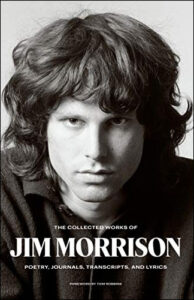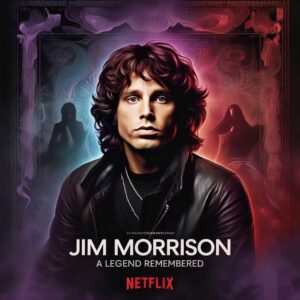In the ever-evolving world of rock and roll, controversy is never too far behind. This week, Guns N’ Roses frontman Axl Rose finds himself at the center of renewed scrutiny as allegations from decades ago come back into the spotlight. In a newly published interview, former model and reality television star Sheila Kennedy opened up about her experiences with Rose, offering fresh insights into a past many had long forgotten—or never knew.
Speaking candidly, Kennedy described how, at the height of Guns N’ Roses’ fame, she crossed paths with Rose at an exclusive Hollywood party. “I had wanted to be with him since the minute I’d first laid eyes on him,” Kennedy recalled. “And now I was getting him.” Her words paint a vivid picture of the awe and infatuation that surrounded one of rock’s most enigmatic figures. However, as she delved deeper into her story, a more complicated and troubling narrative began to emerge.
Kennedy described how Rose, known for his wild behavior and volatile temper, displayed a darker side during their encounter. “All Rose wanted at the time was to control everything,” she said. “The situation quickly became less about mutual attraction and more about dominance.” Although Kennedy emphasized that she initially entered the situation willingly, she suggested that what unfolded afterward left her feeling powerless and uncomfortable—a perspective that casts a shadow over the larger-than-life image of the rock star.
The interview, conducted as part of a broader documentary project on women’s experiences in the 1980s entertainment industry, has ignited a wave of reactions online. Many fans expressed shock and disappointment, while others called for greater accountability in how society remembers and honors musical icons. “Just because someone created legendary music doesn’t mean we should ignore harmful behavior,” one Twitter user wrote, echoing a sentiment now widely shared across social media platforms.
It’s worth noting that Sheila Kennedy is no stranger to the spotlight. Having lived much of her life in the public eye, from her modeling career to her stint on reality TV, she understands the weight and consequences of speaking out. In the interview, she made it clear that her intention was not to destroy Rose’s legacy, but to shed light on a broader pattern of behavior prevalent in the entertainment world at that time. “I’m not trying to cancel anyone,” she said. “I’m trying to tell my story—because it deserves to be heard.”
In response to the resurfacing allegations, representatives for Axl Rose have thus far remained silent. This silence, however, has only fueled public speculation and debate. Legal experts suggest that even if formal action is unlikely due to the statute of limitations, the court of public opinion may have a lasting impact on Rose’s reputation moving forward. The story has also reignited discussions about how the music industry has historically protected and enabled the misbehavior of its most profitable stars.
Historians and cultural critics point out that the 1980s rock scene was rife with excess, misogyny, and blurred boundaries—an environment where many young women were left vulnerable. Kennedy’s story fits into a growing mosaic of voices that demand a reexamination of that era’s “wild west” attitudes toward fame, power, and consent. As more women from that period come forward with their own recollections, the industry may be forced to confront uncomfortable truths about its past.
While Axl Rose remains an iconic figure whose music has touched millions, this new wave of scrutiny reminds us that legacy and accountability can—and should—coexist. True legends, after all, are not just remembered for their art but for how they face the consequences of their actions. Whether Rose will publicly address these allegations remains to be seen, but one thing is clear: Sheila Kennedy’s voice has opened a new chapter in the ongoing conversation about power and responsibility in the entertainment industryAs the story continues to unfold, it serves as a sobering reminder of the hidden stories that often accompany fame. Sheila Kennedy’s courage in coming forward not only adds complexity to the narrative surrounding Axl Rose but also reinforces the importance of listening to those whose experiences have long been overlooked. Only through such honest reckonings can we hope to build a more just and respectful future for artists and fans alike.



